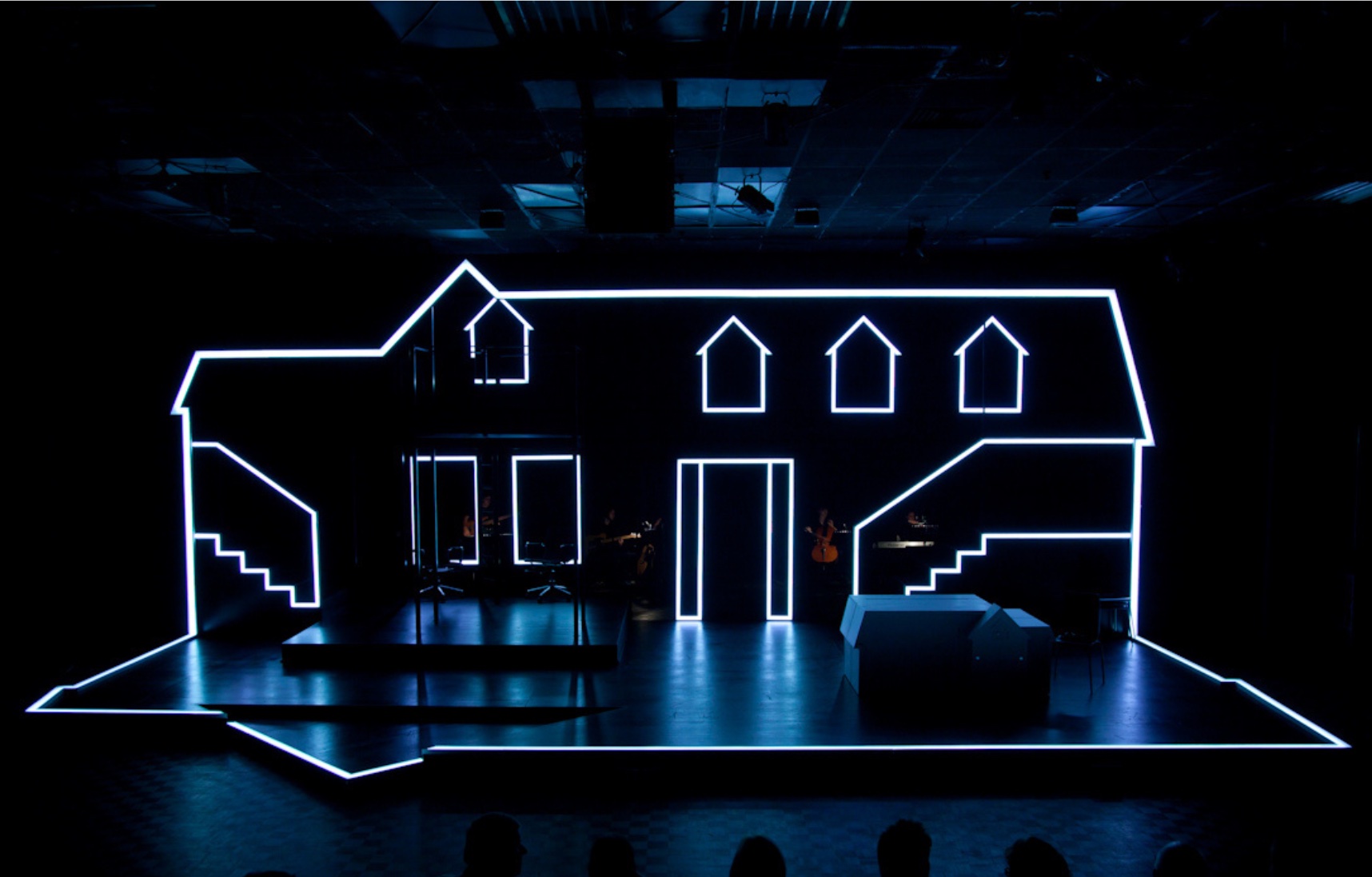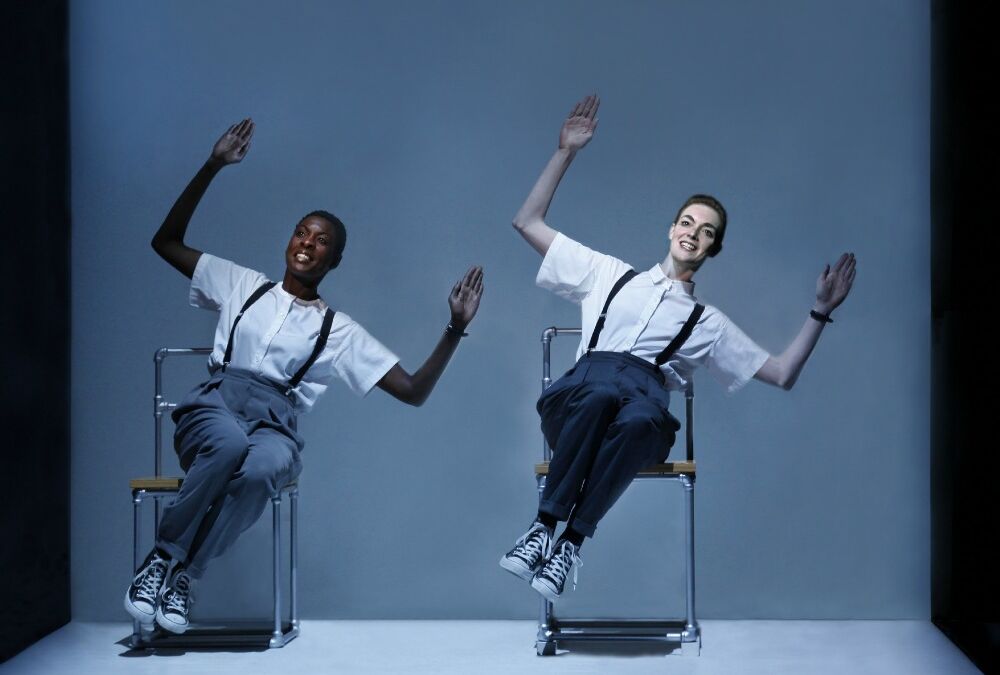
This course combines play analysis, theater history, and artistic exploration to offer an overview of the principles and practices of theater. Engaging diverse plays and important theatrical concepts critically and creatively, students will explore drama as a literary form and theater as an embodied practice. Through class discussions, presentations, writing assignments, performance exercises, and theater viewings, students in this course will enhance their understanding of dramatic literature and history, deepen their knowledge of the various elements that contribute to the process of theater-making, and develop a greater appreciation for the significance of theater societally.
This is a designated writing course. As such, it incorporates multiple assignments designed to assist students with developing the necessary skills for writing effectively within the disciplines of theater and performance studies. Students will engage different forms of writing—close readings, performance analyses, and research papers, for example—and will have opportunities to workshop, revise, and receive feedback on their work throughout the semester. One of the aims of the course is to investigate writing as a mode of learning.
This is a designated writing course. As such, it incorporates multiple assignments designed to assist students with developing the necessary skills for writing effectively within the disciplines of theater and performance studies. Students will engage different forms of writing—close readings, performance analyses, and research papers, for example—and will have opportunities to workshop, revise, and receive feedback on their work throughout the semester. One of the aims of the course is to investigate writing as a mode of learning.
- Teacher: Isaiah Wooden
In this course the student-artist will awaken their unique voice through the body, breath,
and imagination. The bounds of vocal expression will be explored using a variety of
techniques and methodologies, through poetry and theatrical monologues. This course will
consider why we vocalize, and how we can do it with respect to health, creativity, honesty,
and purpose.
and imagination. The bounds of vocal expression will be explored using a variety of
techniques and methodologies, through poetry and theatrical monologues. This course will
consider why we vocalize, and how we can do it with respect to health, creativity, honesty,
and purpose.

Course Objectives
The purpose of this course is to introduce the process and techniques of designing scenery for the theatre. This will include first and foremost, the function and purpose of scenery in theater as it relates to detailed script analysis. Students will be asked to think deeply about the world of the play and how that world is made manifest through scenic design. An emphasis will be placed on conceptual ideas and visual storytelling with an understanding of various media and means of presenting designs for the stage.
The purpose of this course is to introduce the process and techniques of designing scenery for the theatre. This will include first and foremost, the function and purpose of scenery in theater as it relates to detailed script analysis. Students will be asked to think deeply about the world of the play and how that world is made manifest through scenic design. An emphasis will be placed on conceptual ideas and visual storytelling with an understanding of various media and means of presenting designs for the stage.
- Teacher: Matthew Saunders

What is performance? How does it mean what it means? This course provides an overview of some of the key theories and practices animating the study and embodiment of performance across various sites. Examining an array of critical, cultural, and expressive texts—from staged events to visual art to examples of performance in everyday life—we will sharpen particular focus on the ideas and strategies that scholars, artists, activists, and ordinary figures alike have developed and deployed to expand understandings of performance as a lens, methodology, object of analysis, and mode of critical and creative inquiry. Through class discussions, presentations, writing assignments, and viewings, students in this course will enhance their understanding of dramatic and performance theory, deepen their knowledge of the disciplines of theater and performance studies, and develop a greater appreciation for the ways theory and practice are often mutually constitutive and inextricably linked.
This is a designated writing course. As such, it incorporates multiple assignments designed to assist students with developing the necessary skills for writing effectively within the disciplines of theater and performance studies. Students will engage different forms of writing—critical essays, performance analyses, and research papers, for example—and will have opportunities to workshop, revise, and receive feedback on their work throughout the semester. One of the aims of the course is to investigate writing as a mode of learning.
This is a designated writing course. As such, it incorporates multiple assignments designed to assist students with developing the necessary skills for writing effectively within the disciplines of theater and performance studies. Students will engage different forms of writing—critical essays, performance analyses, and research papers, for example—and will have opportunities to workshop, revise, and receive feedback on their work throughout the semester. One of the aims of the course is to investigate writing as a mode of learning.
- Teacher: Isaiah Wooden
